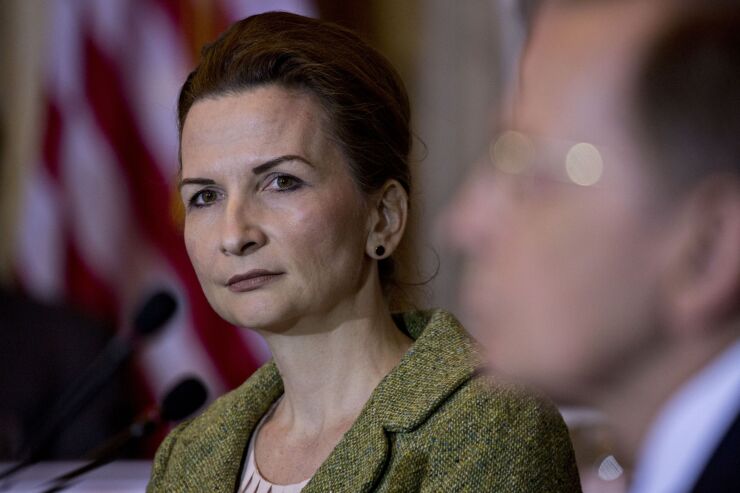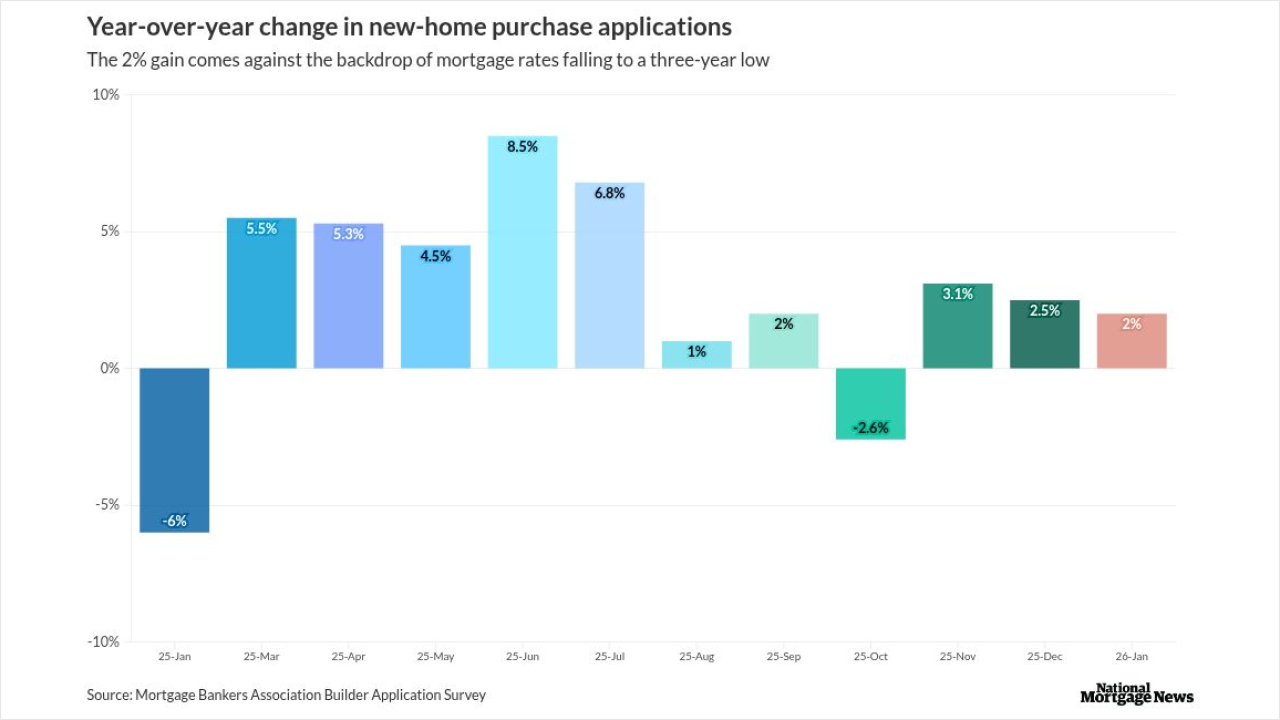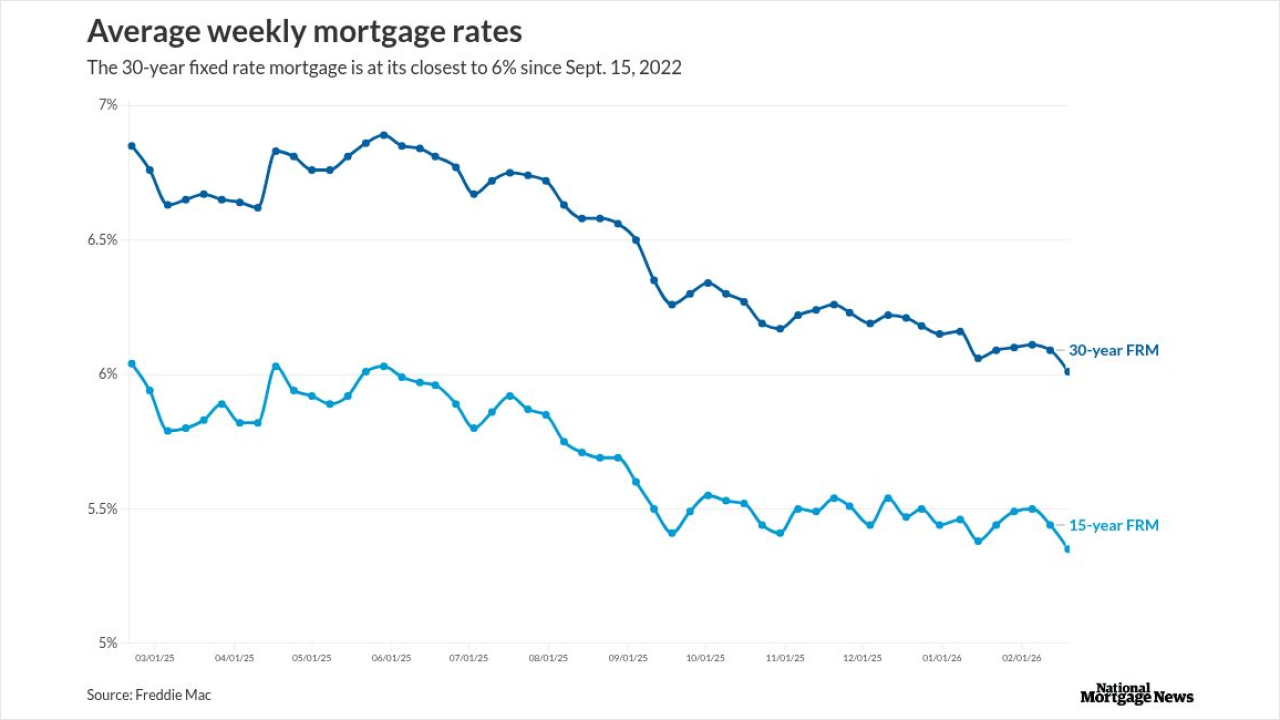By Brendan Pedersen and Hannah Lang
WASHINGTON — Senators have dusted off a financial crisis-era backstop for banks' transaction deposits and senior unsecured debt in their coronavirus stimulus bill to try to calm potential fears about the pandemic's effects on the financial sector.
The massive
Observers said the current public health crisis is a different situation than the financial crisis and banks are now flush with liquidity. But some institutions have reported some angst among depositors about the safety of their money.

"We’ve been hearing from our member banks about customer anxiety and being concerned about their money, wanting to pull it all out,” said Karen Thomas, senior executive vice president of public policy for the Independent Community Bankers of America. “We think this authority will calm and provide certainty to customers.”
The two pieces of the 2008 guarantee were the Transaction Account Guarantee Program — covering all non-interest-bearing transaction deposits above the FDIC's standard insurance limit — and the Debt Guarantee Program, which covered new senior unsecured debt. The debt guarantee expired in 2012, while the TAGP expired in 2010 but was effectively extended to the end of 2012 under a provision in the Dodd-Frank Act. Dodd-Frank also required Congress to approve the use of such a program in the future.
Some say including the FDIC authority in the Senate bill may be intended to put depositors and bondholders at ease rather than address any dire liquidity concern.
“The real value of the guarantee program will be to create a safe haven for funds and ensure some of the people who have been panicking and pulling cash out of the bank that they don’t have to," said Karen Petrou, managing partner of Federal Financial Analytics. "The bulk of the people running to banks and pulling out cash have accounts well below $250,000 anyway. This is not a real problem. It’s just a reassurance.”
The Biden administration once again extended the pause on student loan payments enacted to help borrowers during the COVID-19 pandemic, this time through the end of August.
The two states' combined plans amount to over $1.5 billion of the Homeowner Assistance Fund included within the American Rescue Plan Act , which was passed a year ago.
An uptick in pandemic-related payment suspensions reflecting new or restarted plan activity previously occurred as the omicron variant spread, but activity has since subsided.
Among the dozens of provisions in the $2 trillion stimulus package to contain economic fallout of the COVID-19 pandemic, the bill would allow the FDIC “to temporarily establish a debt guarantee program to guarantee debt of solvent insured depositories and depository institution holding companies,” according to a summary released by Senate Banking Committee Chairman Mike Crapo, R-Idaho. “Non-interest-bearing transaction accounts may be treated as a debt guarantee program,” the summary added. The authority is set to expire at the end of 2020.
The FDIC declined to comment on the pending legislation.
The proposal comes as some bankers and regulators have tried to calm customers about the safety of their deposits during the pandemic crisis. Some banking trade associations, including the ICBA, have urged their members to remind customers that the FDIC guarantees deposits up to $250,000.
The FDIC itself has been increasingly vocal about the strength of its insurance. “Your money is safe at the banks,” FDIC Chair Jelena McWilliams said in a video address on Tuesday. “The last thing you should be doing is pulling your money out of the banks now, thinking that it's going to be safe for someplace else.”
According to FDIC data, the DGP at its height guaranteed about $346 billion in outstanding debt. By the end of 2012, when the program expired, the FDIC had paid out about $153 million in covered losses.
Bert Ely, a principal of Ely & Co., suggested that authorizing use of the program now may not be necessary since banks are in better condition than they were in 2008.
"This feels a bit like overkill compared to 2008," Ely said. "That was a financial crisis that originated in the financial system. But it's likely this is being put in place to be anticipatory. Everyone wants depositors to be as calm as possible."
But Petrou said the TAGP "will certainly help to prevent — and this is why they did it in 2008 — runs on the bank.” However, such runs "are a lot less likely now, because banks are a great deal safer," she added. "I think the markets and depositors don’t have the kinds of questions about banks they did in 2008, when the whole epicenter of the crisis was banks. Now, it’s outside banks, and I think that’s pretty well understood.”
Ely warned that authorizing a deposit guarantee now could causee the public to perceive the banking sector as being in more trouble than it actually is.
"It's legitimate to worry about the unintended consequence that this will make some people more concerned about the banks than they'd otherwise be," he said.








